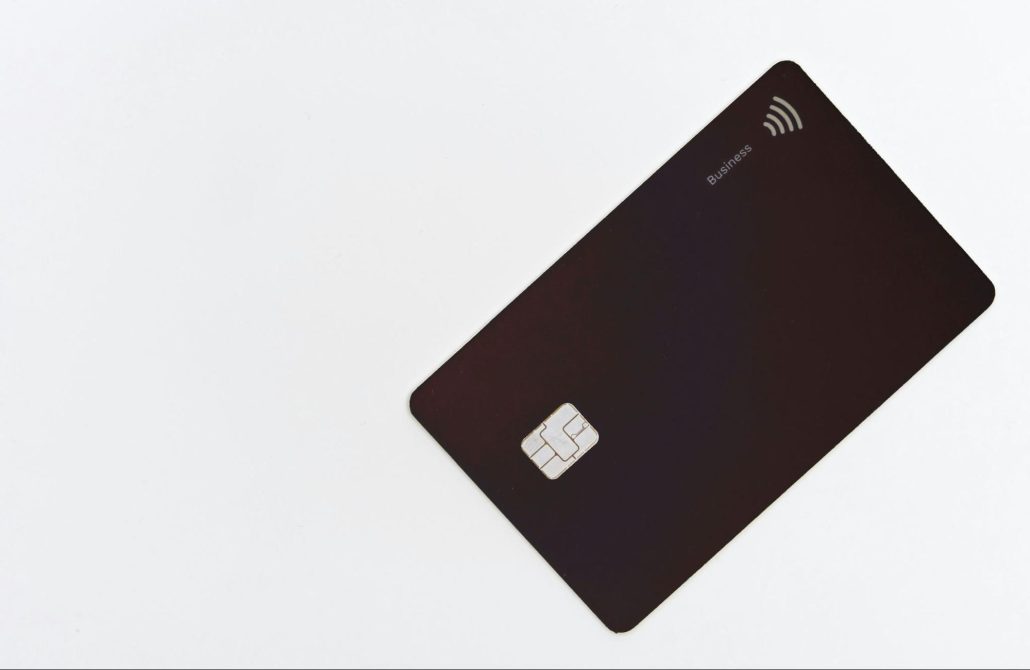How To Pay Off Credit Card Debt?
Credit card debt can feel overwhelming, but there are many steps you can take to work towards paying it off. In this blog post, we’ll review some simple strategies to help you get out of credit card debt for good.
Many people struggle with credit card debt, and it’s easy to see why. Credit cards make it convenient to spend money, but the high-interest rates can make the debt hard to pay off. If you’ve found yourself in this situation, don’t worry – you’re not alone. You can get your credit card balances down to zero with the right plan.
We’ll cover topics like budgeting, negotiating with credit card companies, and finding ways to pay more than the minimum amount each month. By the end, you’ll have a clear action plan to start paying off your credit card debt step-by-step. Let’s get started!
Create A Budget: The 50-30-20 Rule
The 50-30-20 rule is a straightforward and effective budgeting method that can help you work towards paying off your credit card debt. This method is simple to follow and breaks down your expenses into three key sections which are: needs, wants and savings.
The largest chunk of your budget, 50% should be allocated to your needs. This includes your mortgage or your rent, groceries, utilities, insurance, minimum borrowing repayments, commuting, or any childcare costs. All of these payments are vitally important to keep your life on track, so they should be prioritised ahead of wants.
Your wants are non-essentials that you would probably prefer to spend your money on but could manage without. The wants section includes day trips out, non-essential groceries, subscriptions, restaurants, gigs or festivals and even holidays. All of these expenses shouldn’t be prioritised, but should still be considered so that you can do the things in life that you enjoy the most.
The final section of this budget should be savings, whether that be locking money away for a rainy day in a savings account, using an ISA to save money, or in this case, use towards paying off your credit card debt.
To track your expenses and ensure you’re staying within your budget, consider using a budgeting app. These tools can automatically categorise your transactions and help you monitor your spending. Some popular budgeting apps include Plum, Chase and Monzo.

Pay More Than The Minimum Repayment Amount
Paying only the minimum amount each month on a loan or credit card can give the illusion that the debt is manageable. However, even with a 0% introductory rate, making just the minimum payment will have a minimal impact on paying the overall balance.
Paying only the minimum amount due on your credit card each month will result in your debt taking longer to fully repay and you paying more interest overall. Besides, it’s better to always try to pay more than the minimum payment whenever possible.
For example, if you had an outstanding balance of £2,000 with an 18% annual percentage rate (APR), and you only paid the minimum each month, it would take you 34 years to fully repay the debt. Over that time, you would end up paying £3,983 in interest alone. So, it works in your favour to increase the monthly payment if you can afford to do so.
How To Negotiate With Credit Card Companies To Pay Off Debt
If you’re struggling to make your credit card payments, negotiating with your credit card company can be an effective way to reduce your debt. The key is to approach the process strategically and understand the different options available.
First, take the time to thoroughly review your credit card statements and understand exactly how much you owe across all your cards. Make a list of the balances, interest rates, and minimum monthly payments for each account. This will give you a clear picture of your overall debt situation and help you prioritise which accounts to focus on.
A common option is to negotiate a final settlement. You can get a lump sum of money from selling an asset, such as a property or a vehicle, receiving an inheritance, a loan, or it could be a gift from family or friends. This involves offering the credit card company a one-time payment that is less than the full balance owed. While this can significantly reduce the total amount you have to pay, it’s important to understand that it will likely be reported to the credit bureaus as a “settled for less than full balance” account, which can harm your credit score.
When you’re ready to negotiate, contact your credit card company directly. Explain your situation and the specific terms you’re seeking, such as a lower interest rate or a reduced lump-sum payment. Remember, credit card companies are often willing to negotiate because getting some of their money back is better than getting no money at all.
If the credit card company agrees to your proposed terms, be sure to get the agreement in writing before making any payments. This will ensure that both parties are clear on the details of the arrangement and protect you from any misunderstandings down the line.

What Are Some Mistakes To Avoid When Trying To Get Out Of Credit Card Debt?
Mistake 1: Making Only the Minimum Payments
While it’s better than skipping payments altogether, paying just the minimum amount due each month will prolong your debt significantly. Minimum payments are designed to keep you in debt for as long as possible, allowing the credit card company to rake in more interest charges from you. To make meaningful progress, you’ll need to pay more than the minimum whenever possible.
Mistake 2: Ignoring Your Debt
Burying your head in the sand and pretending your credit card debt doesn’t exist is a surefire way to make the problem worse. Ignoring bills and statements won’t make the debt disappear; in fact, it will likely lead to late fees, penalty interest rates, and a damaged credit score. Facing the issue head-on and creating a repayment plan is the first step towards cutting down that debt.
Mistake 3: Not Prioritising Your Debts
If you have multiple credit cards, focus on paying off the one with the highest interest rate first. This will save you the most money in the long run. Once that’s paid off, roll the payment amount to the next highest interest card.
Credit card interest rates can vary widely, with some charging upwards of 20% or more. The higher the interest rate, the faster your balance will grow if you only make minimum payments. By targeting the highest-interest card first, you’ll save the most money in the long run by minimising the amount of interest you pay.
Let’s say you have three credit cards: Card A with a £5,000 balance and 24% interest, Card B with a £3,000 balance and 18% interest, and Card C with a £2,000 balance and 15% interest. If you pay only the minimums on each card, the total interest you’ll end up paying could be thousands of pounds more than if you focus on paying off Card A first.
Mistake 4: Continuing to Use Credit Cards
While you’re working on paying off your existing credit card debt, it’s crucial to avoid adding to the pile. Using credit cards for new purchases will only compound the problem and make it harder to get out of debt. Consider temporarily putting your credit cards on ice or even cutting them up until you’ve paid off your balances.
This may require some lifestyle adjustments, like cooking more at home instead of dining out or finding free entertainment options. But making temporary sacrifices while aggressively paying down debt can save you significant money in interest charges over the long run.
Mistake 5: Transferring Balances Without a Plan
Balance transfer offers can be tempting, but they’re not a magic solution. If you transfer your debt to a new card with a lower introductory interest rate but fail to pay it off before the promotional period ends, you could end up in an even deeper hole. Only consider a balance transfer if you have a solid plan to pay off the entire balance before the regular interest rate kicks in.
Mistake 6: Failing to Negotiate With Credit Card Companies
Credit card companies would rather receive some payment than none at all. If you’re struggling to make your minimum payments, don’t be afraid to call them and explain your situation. They may be willing to lower your interest rate, waive fees, or work out a more manageable payment plan. The key is to be proactive and communicate openly.
Mistake 7: Giving Up Too Soon
Getting out of credit card debt is a marathon, not a sprint. It takes time and discipline, but it’s worth it. Celebrate small victories along the way and don’t get discouraged. Stick to your plan, and you’ll massively improve your chances of reaching the finish line debt free.
How a Short Term Loan Can Help
A short-term loan can be an effective way to manage and pay off credit card debt. The key advantage is the fixed repayment schedule, which can help you become debt-free more quickly compared to just making minimum payments on your credit cards.
With a short-term loan, you’ll have a set monthly payment amount and a defined end date for when the debt will be fully repaid. This structure can make it easier to budget and stay on track with your payments, rather than the open-ended nature of credit card debt.
We hope this blog has provided you with helpful, actionable strategies to start paying off your credit card debt for good. By implementing these steps, you can take control of your finances and work towards becoming debt-free. Remember, getting out of credit card debt takes time and discipline, but it’s an achievable goal with the right plan in place. If you’re struggling with credit card debt and think a short-term loan could help, visit One Stop Money Shop to explore your options and get started.




Leave a Reply
Want to join the discussion?Feel free to contribute!